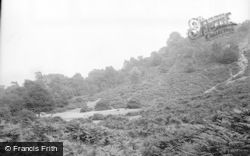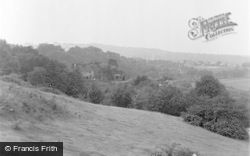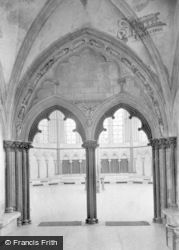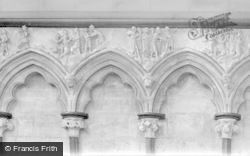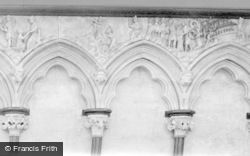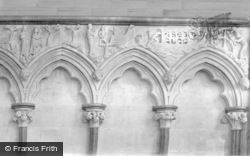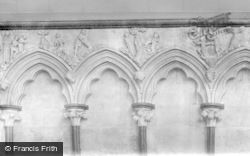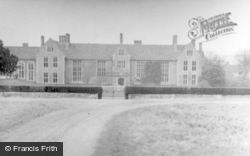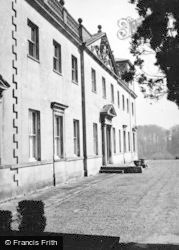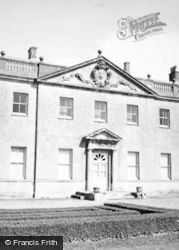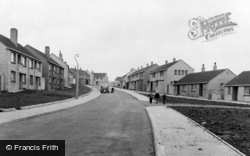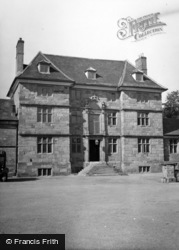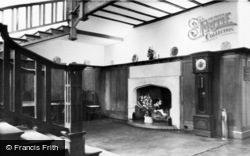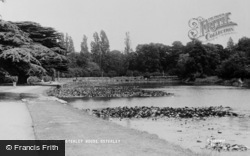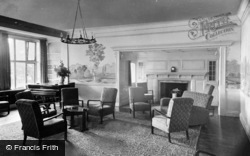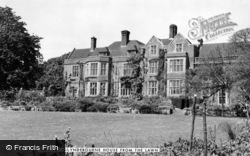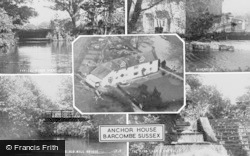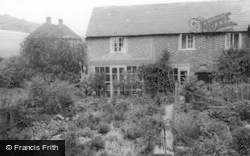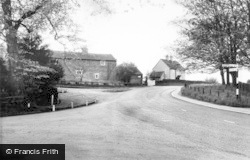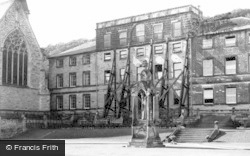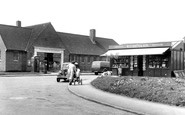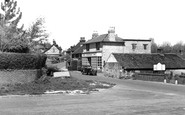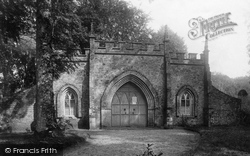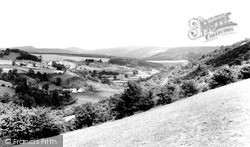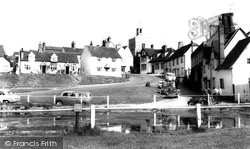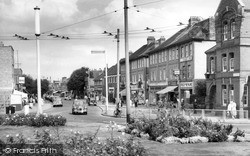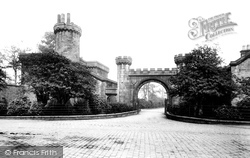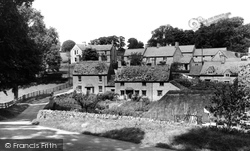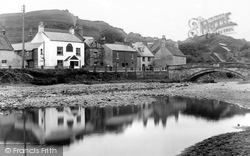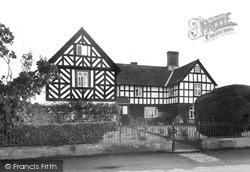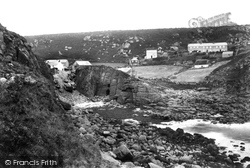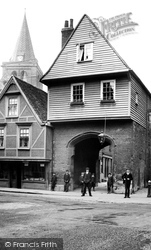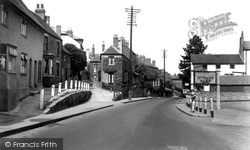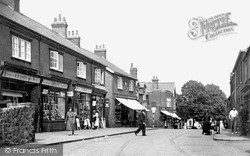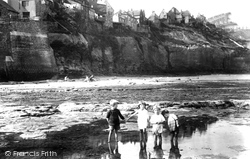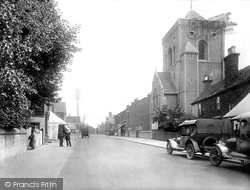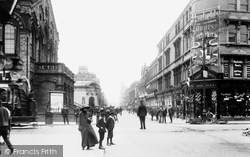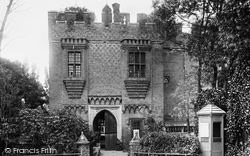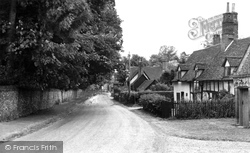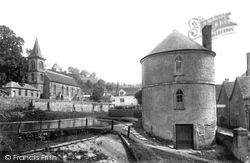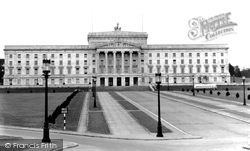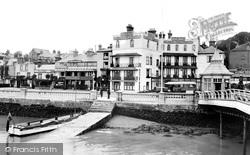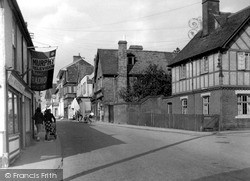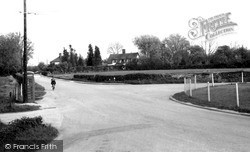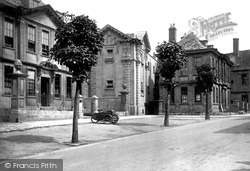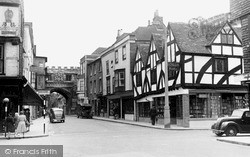Places
36 places found.
Those places high-lighted have photos. All locations may have maps, books and memories.
- Chatsworth House, Derbyshire
- Osborne House, Isle of Wight
- Brambletye House, Sussex
- Ickworth House, Suffolk
- Kingston Lacy House, Dorset
- Boscobel House, Shropshire
- Preshute House, Wiltshire
- Bolton Houses, Lancashire
- Brick Houses, Yorkshire
- Quaking Houses, Durham
- Water Houses, Yorkshire
- Bottom House, Staffordshire
- New House, Kent
- Mite Houses, Cumbria
- Lyneham House, Devon
- Church Houses, Yorkshire
- Dye House, Northumberland
- Spittal Houses, Yorkshire
- Street Houses, Yorkshire
- Tow House, Northumberland
- Halfway House, Shropshire
- Halfway Houses, Kent
- High Houses, Essex
- Flush House, Yorkshire
- White House, Suffolk
- Wood House, Lancashire
- Bank Houses, Lancashire
- Lower House, Cheshire
- Marsh Houses, Lancashire
- Chapel House, Lancashire
- Close House, Durham
- Guard House, Yorkshire
- Hundle Houses, Lincolnshire
- Hundred House, Powys
- Thorley Houses, Hertfordshire
- School House, Dorset
Photos
7,776 photos found. Showing results 2,501 to 2,520.
Maps
370 maps found.
Books
1 books found. Showing results 3,001 to 1.
Memories
10,360 memories found. Showing results 1,251 to 1,260.
Ten Happy Years
I moved to Watchfield in 1940 and left in 1950. My dad, Mr Woolman, worked for the army and had his office in Homelees Farm in the camp. What a change has taken place at Watchfield. Gone are the places we could play in safety. The ...Read more
A memory of Watchfield in 1940 by
Wannock Avenue
My grandad, Joseph Woodgate, was the builder that built a lot of early Wannock Avenue's houses and bungalows. He built Wee Cott - one the first houses to be built which had a very large monkey puzzle tree in the garden, until the ...Read more
A memory of Willingdon by
Jiffing
My name is Frank Wilson and I too have good and bad memories of Mobberley Boys School. I was sent there in 1971 due to being expelled from 3 schools. My fondest memory was jiffing (smoking) in the yard at dinner time, right under the noses ...Read more
A memory of Mobberley in 1971 by
The Ghost
My dad, even though married he was one for playing the field. Mother was taking care of my brother's kids (his wife had died, he was a Flight Sargent), Mother was miles away and Dad played about. One afternoon he had picked up a ...Read more
A memory of Royston by
Burnopfield
My visit to Burnopfield to meet grandma Ann Burns and John Patrick Burns, my mam Ann Therese Burns was born in Barrington Villa in Burnopfield, my mam and 9 sisters and brothers grew up in this house. If anyone knows something abouth ...Read more
A memory of Medomsley in 1949
My Memories
I am now 53. My parents and I moved to Erith from Suffolk in 1967/68. I remember the old Erith pre concrete jungle. I never really let the old town go. The damage the new building did to the town is only known now. It was not a very happy ...Read more
A memory of Erith in 1967 by
Simple Childhood
I was born and brought up in Barnton and remember fondly how we used to walk across the fields to go to marbury swimming pool. We spent many happy hours there in summer. Like many others my father was housed in Marbury Park by I.C.I ...Read more
A memory of Marbury by
My Bletchley Memos
1964 was the year I moved from Barking to Bletchley because my aunt and uncle Jay lived there since 1954, we used to go to there's for Christmas, it was boring, nowt to do loads of snow and woods and cows. When I first got of the ...Read more
A memory of Bletchley in 1964 by
Up The Overs
Walking free through the wet grass leaving dark trails. Ahead the meadow rises to the mill bank where we stand in silence. Silent and smooth the deep mill race slides towards the wheel. Turning away we follow the bank upstream to the ...Read more
A memory of Kempston in 1950 by
Helmdon 1982 1983
My husband (Jose) and I were stationed at RAF Upper Heyford and lived on Church Street (81 Church I believe) with our 2 young children (Erin and Justin) from May 1982 until we moved to base housing at RAF Upper Heyford in May 1983. ...Read more
A memory of Helmdon in 1982 by
Your search returned a large number of results. Please try to refine your search further.
Captions
6,977 captions found. Showing results 3,001 to 3,024.
A Gothic-style house, it incorporated a Catholic chapel on the first floor, and was in use for services from 1886 until the year before this photograph was taken.
Two public houses here, the Red Cow and the Butchers Arms, have a long history.
In the foreground is the Old Poor House: note its original 16th-century chimneys and casements.
The roadway just had a few large private houses, until developers inserted the shopping parades and widened the carriageway in the 1930s.
Charles Towneley, the 'great collector' as he is sometimes known, had plans for the housing of his collection of classical antiquities at Towneley Hall.
Nestled in a fold of the Cotswolds, the neat village of Cornwell is one of a piece with the beautiful stone manor house just to the west, providing a unified design rare in Oxfordshire.
These old red-roofed houses on East Row are the first we reach if we are coming from Whitby.
It was in this village, in an old malt house, that pictures from the National Gallery were once stored, well away from London's air raids, during the Second World War.
This is a rugged and treeless landscape, where the settlement consists of a few fishermen's houses and a small thatched croft.
Next door, the Gate House Tea Rooms boasts some lovely 16th-century linenfold panelling.
We can still appreciate in these photographs the quality of houses and shops, before the destructive work of the modern window salesman spread like a rash over the country.
Here we see the mundane suburban face of the village, which has grown around a core of rather special later medieval houses and the Rothley Temple, built on Knights Templar land in c1315.
Over the last 200 years or so, erosion has only managed to claim two rows of houses and a road.
The ivy-clad house, named the Hollies, would be replaced by more shops in 1928.
Originally, development along here had been for residential purposes, but as early as the 1860s some of the houses were being converted into retail premises.
Rye House 1904 These are the public gardens behind the gatehouse, with its modern glass conservatories and colourful flowerbeds lined with benches.
winding lane, was captured from a point near the ruins of the old 14th-century church, which was partly demolished by Sir Lionel Lyde in the late 18th century because it marred his view from new Ayot House
The circular building on the right used to be the house of a canal lengthsman, or maintenance man.
It housed the Northern Irish Parliament until 1972.
The town's importance as a centre for yachting, and the close proximity of Queen Victoria's home Osborne House, made Cowes most fashionable in the 19th century.
The house on the right stands on the corner of Castle Street, a reminder that the town once had a Norman castle. Murphy televisions and radios are proudly advertised on the banner (left).
This view gives the impression of a large open area with houses along its boundary. Over to the left is Wattisham Air Base, famous for its air-sea rescue helicopters.
Notice the pitched paving in front of Parade House (left), where stones are embedded between 6in and 18in deep, a method used in the county.
changing with the introduction of the ugly concrete street lamp post outside the timber- framed building that was Beach's bookshop.There is a striking coat of arms high up on the wall of Mitre House
Places (80)
Photos (7776)
Memories (10360)
Books (1)
Maps (370)




